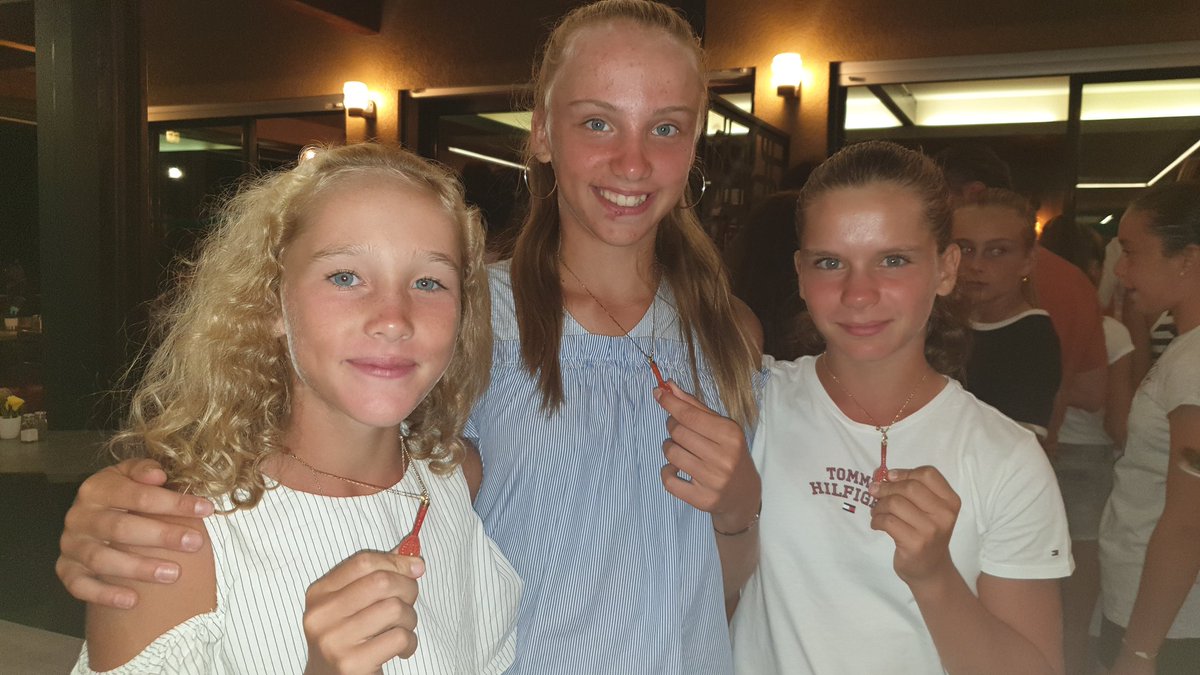

I've seen hospitals where they could no longer take in patients. Hospital staff who are overwhelmed, overwhelmed, trying to do the best they can for each family. A child who's become so fragile, they can't lift their hand sometimes so.Mothers trying to do the best they can to keep them alive. Could you describe what it looks like to just be with populations who are on the verge?Īs always, it's always the youngest children that are the first indicator that there is a serious problem, malnutrition, severe malnutrition, is probably one of the hardest things to see in a hospital. What does famine look like? I know that you spend a lot of time travelling around the country, meeting people, checking out the situation.

So we need to find a way to stop them going down that same path and stop the fighting as soon as possible. It's what it does to transform people's attitudes towards violence and how they survive and Yemen is on that path today. You have a generation, maybe two generations of children who know nothing but conflict, that changes the psychology of a country. The difficulty is, after that much time, you fundamentally see a change in the country.

My concern is that I've worked in many countries - Congo, most recently, in South Sudan or Sudan, where conflicts have gone on much longer, 20-25 years. Yemen has been.I think we have been calling it the world's worst humanitarian crisis for years now, how long has this conflict been going on for? many crises around the world, it's time to keep Yemen at the top of that, with 20 million people in need of humanitarian assistance, one of the worst, if not the worst, catastrophes that the world is dealing with right now. So I've been in the Gulf region, as well as Washington and New York, in an attempt to build up support for Yemen. Well, basically, I've come on a larger trip to see where we can mobilise support politically for the humanitarian assistance we need to do as well as the economic assistance that I think needs to come into Yemen in its time of crisis. So you're based in Yemen, what brings you to the US? Welcome, David, and good to have you here in our studio in New York. Today, my guest is David Gressly, the UN's Humanitarian Coordinator and Resident Coordinator for Yemen. During this eye-opening conversation, David shares his concerns about the dire situation in Yemen and the likelihood of being able to sustain the humanitarian response in the year ahead.įrom the United Nations, I'm Melissa Fleming, and this is Awake At Night. As David explains, every three days someone is injured or even killed by landmines or unexploded ordnance. But it’s not just conflict that threatens the Yemeni people. With more than 20 million people in need of assistance and a seven-year ongoing war, Yemen is among the world's worst humanitarian crises. In this episode, he talks with podcast host Melissa Fleming about what has driven him to devote his life to helping the most vulnerable in some of the most fragile places on earth. UN Humanitarian Coordinator and Resident Coordinator for Yemen David Gressly has seen some of the worst of man's inhumanity to man during a career of more than 40 years in peacekeeping, humanitarian assistance and development. The best way I found to deal with that is just to be determined to fix it in some fashion.”


 0 kommentar(er)
0 kommentar(er)
